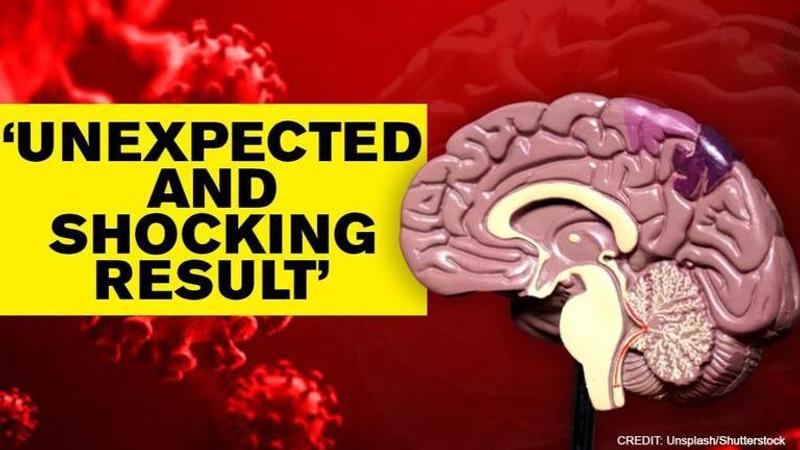Published 15:01 IST, July 16th 2020
COVID-19 may affect patients’ central nervous system and cause depression, anxiety: Study
A recent study revealed that depressed mood or anxiety exhibited in COVID-19 patients may be a sign that the deadly virus affects the central nervous system.

A recent study led by the University of Cincinnati College of Medical researcher reportedly revealed that depressed mood or anxiety exhibited in coronavirus patients may be a sign that the deadly virus affects the central nervous system. As per the study, the two symptoms were closely associated with a loss of smell and taste rather than other severe indicators of COVID-19. Ahmad Sedaghat, who is a professor in US College of Medicine’s Department of Otolaryngology-Head and Neck Surgery, said that the symptoms that pretended morbidity or mortality are not associated with how depressed or anxious the COVID-19 patients were.
Sedaghat said in a statement, "The only element of COVID-19 that was associated with depressed mood and anxiety was the severity of patients’ loss of smell and taste. This is an unexpected and shocking result”.
Sedaghat informed that the new study is based on a cross-sectional telephone questionnaire which examined characteristics and symptoms of 114 virus-infected patients over a six-week period. The researchers assessed the severity of the loss of smell or taste, nasal obstruction, excessive mucus production, fever, cough and shortness of breath during COVID-19. As per the study, at the time of enrolment, several infected patients reported at least several days of depressed mood per week, while others reported depressed mood nearly every day.
Around 44.7 per cent of participants reportedly expressing mild anxiety and nearly 10.5 per cent reported severe anxiety, according to the research. Sedaghat reportedly said that the ‘unexpected finding’ reveals that the potentially least worrisome symptoms of the deadly virus may be causing the greatest degree of psychological distress. He further added that the researchers believe that the new findings may reflect the ‘penetration of COVID-19 into the central nervous system’.
COVID-19 infects olfactory neurons
Sedaghat pointed out to an earlier study which suggests that the olfactory tract may be the primary way that coronavirus enters the central nervous system. He noted that there was evidence of the aforementioned with SARS, which was a viral illness that first emerged in China back in 2002. Sedaghat informed that previous studies have shown that the olfactory tract or the pathway communication of doors from the nose to the brain was a gateway into the central nervous system and infection of the brain.
The professor reportedly said, “These symptoms of psychological distress, such as depressed mood and anxiety are central nervous system symptoms if they are associated only with how diminished is your sense of smell. This may indicate that the virus is infecting olfactory neurons, decreasing the sense of smell, and then using the olfactory tract to enter the central nervous symptom”.
(With ANI inputs)
Updated 15:01 IST, July 16th 2020



